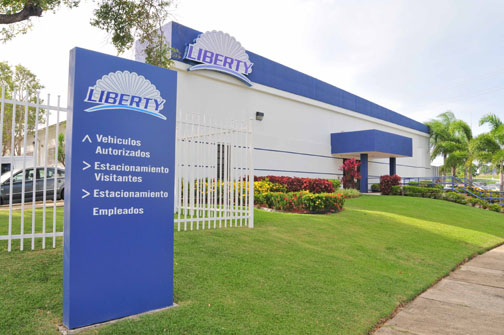Sky Tower challenges permit denial for telecom facility in Moca

The lawsuit’s outcome could set a precedent for future telecom infrastructure projects in Puerto Rico.
Sky Tower Puerto Rico Inc., a telecommunications infrastructure provider, has filed a federal lawsuit against the Puerto Rico Department of Economic Development and Commerce (DDEC, in Spanish), its Permits Management Office (OGPe), and the Municipality of Moca.
In the lawsuit, the company alleges violations of the Telecommunications Act of 1996 due to prolonged delays and the denial of a permit for a new rooftop telecom facility in Moca.
The facility, intended to address a gap in wireless coverage identified by T-Mobile, a Sky Tower client, was to be installed on a three-story building in the town.
According to the lawsuit filed in the U.S. District Court for the District of Puerto Rico, Sky Tower initiated the permitting process in 2021, submitting all required documentation and obtaining endorsements from the Puerto Rico Telecommunications Regulatory Board and the Institute of Puerto Rican Culture.
Despite meeting these prerequisites, the municipality argued that the project violated local regulations such as those related to safety and zoning compliance, including minimum distance requirements from schools and historical sites.
Residents also raised concerns about potential health risks from radio emissions, although federal law prohibits municipalities from rejecting telecom projects based on health concerns if the project complies with Federal Communications Commission standards.
In 2023, OGPe and DDEC halted Sky Tower’s permitting process, citing these community concerns and alleged regulatory violations.
Sky Tower claims that these delays and the effective denial of its permit are arbitrary, unsupported by evidence and in violation of federal law.
The company is seeking:
- A declaratory judgment confirming that the permit’s denial was illegal.
- An injunction compelling the agencies to approve the permit.
- Compensation for financial losses estimated at more than $80,000 due to the delays.





